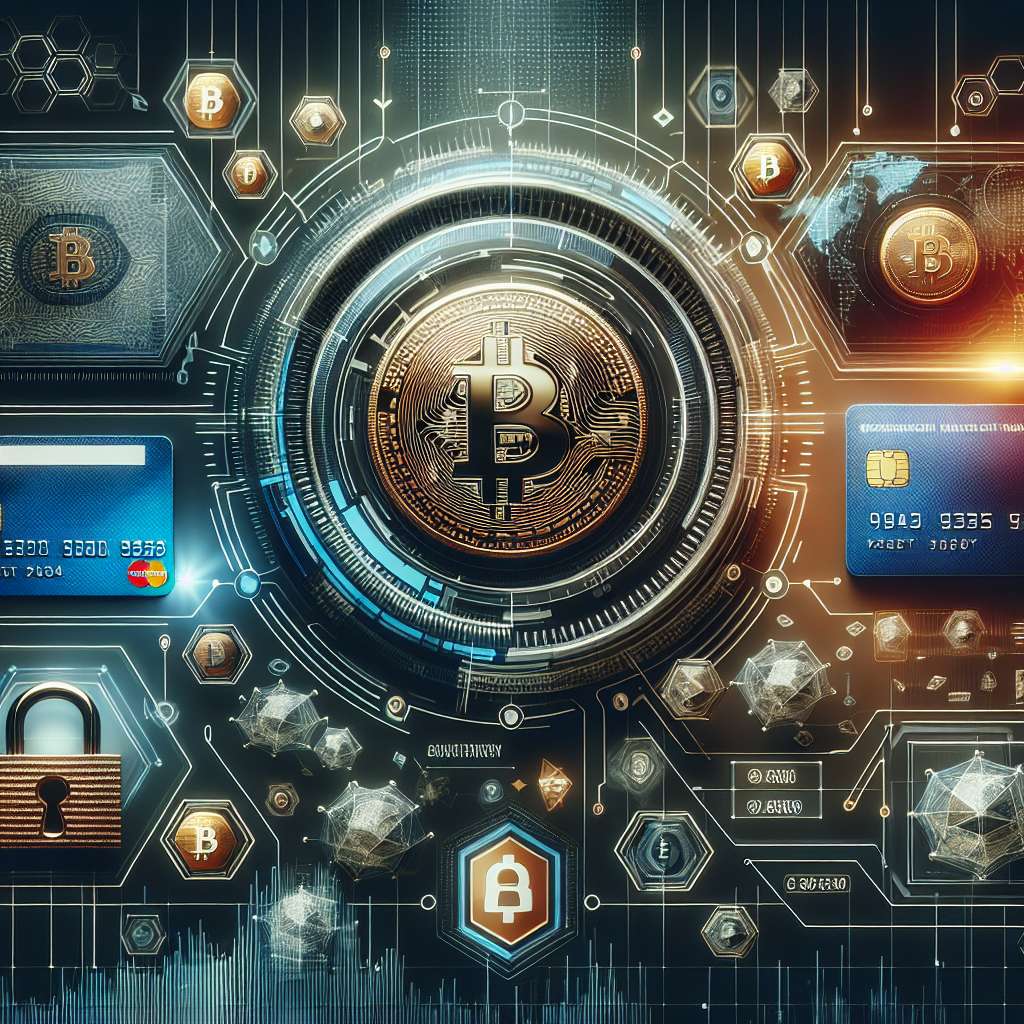How can I securely store my bitcoin and protect it from hackers?
I recently started investing in bitcoin and I'm concerned about the security of my funds. How can I ensure that my bitcoin is securely stored and protected from hackers?

3 answers
- One of the most secure ways to store your bitcoin is by using a hardware wallet. These devices are specifically designed to keep your private keys offline and away from potential hackers. Simply connect the hardware wallet to your computer or mobile device when you need to make a transaction, and then disconnect it when you're done. This greatly reduces the risk of your bitcoin being compromised. Another option is to use a paper wallet. This involves printing out your private keys and storing them in a secure location, such as a safe deposit box. Just make sure to keep the paper wallet safe from physical damage and unauthorized access. Additionally, it's important to keep your software and devices up to date with the latest security patches. Regularly update your bitcoin wallet software and operating system to protect against any known vulnerabilities. Remember to also enable two-factor authentication (2FA) whenever possible. This adds an extra layer of security by requiring a second form of verification, such as a code sent to your mobile device, in addition to your password. Lastly, be cautious of phishing attempts and suspicious websites. Always double-check the URL of the website you're visiting and avoid clicking on any suspicious links or downloading unknown files. By following these security measures, you can greatly reduce the risk of your bitcoin being hacked.
 Dec 19, 2021 · 3 years ago
Dec 19, 2021 · 3 years ago - Hey there! So you're worried about the security of your bitcoin, huh? Don't worry, I've got you covered! One of the best ways to keep your bitcoin safe is by using a hardware wallet. These nifty devices store your private keys offline, making it nearly impossible for hackers to get their hands on your precious crypto. Just make sure you keep your hardware wallet in a safe place, like a locked drawer or a secret hiding spot under your mattress. Trust me, it's worth the extra effort! If you're more of a traditionalist, you can also go old-school with a paper wallet. Just print out your private keys, fold 'em up, and stash 'em somewhere safe. Just be careful not to accidentally throw them away or spill coffee on them. That would be a bummer! Oh, and don't forget to update your software regularly. Those updates aren't just annoying reminders, they actually help protect your bitcoin from sneaky hackers. And while you're at it, enable two-factor authentication for an extra layer of security. It's like putting a padlock on your digital wallet! Lastly, be smart online. Don't fall for phishing scams or click on sketchy links. If something seems fishy, it probably is. Stay vigilant and keep your bitcoin safe and sound! Good luck!
 Dec 19, 2021 · 3 years ago
Dec 19, 2021 · 3 years ago - At BYDFi, we highly recommend using a hardware wallet to securely store your bitcoin. These devices are specifically designed to keep your private keys offline and away from potential hackers. They provide an extra layer of security and peace of mind for your digital assets. Simply connect the hardware wallet to your computer or mobile device when you need to make a transaction, and then disconnect it when you're done. This greatly reduces the risk of your bitcoin being compromised. Another option is to use a paper wallet. This involves printing out your private keys and storing them in a secure location, such as a safe deposit box. Just make sure to keep the paper wallet safe from physical damage and unauthorized access. Remember to also keep your software and devices up to date with the latest security patches. Regularly update your bitcoin wallet software and operating system to protect against any known vulnerabilities. Enabling two-factor authentication (2FA) whenever possible is also highly recommended. This adds an extra layer of security by requiring a second form of verification, such as a code sent to your mobile device, in addition to your password. Lastly, be cautious of phishing attempts and suspicious websites. Always double-check the URL of the website you're visiting and avoid clicking on any suspicious links or downloading unknown files. By following these security measures, you can greatly reduce the risk of your bitcoin being hacked.
 Dec 19, 2021 · 3 years ago
Dec 19, 2021 · 3 years ago
Related Tags
Hot Questions
- 91
How can I protect my digital assets from hackers?
- 68
How can I minimize my tax liability when dealing with cryptocurrencies?
- 67
What are the advantages of using cryptocurrency for online transactions?
- 41
What are the tax implications of using cryptocurrency?
- 40
What are the best digital currencies to invest in right now?
- 30
How can I buy Bitcoin with a credit card?
- 28
Are there any special tax rules for crypto investors?
- 21
How does cryptocurrency affect my tax return?
